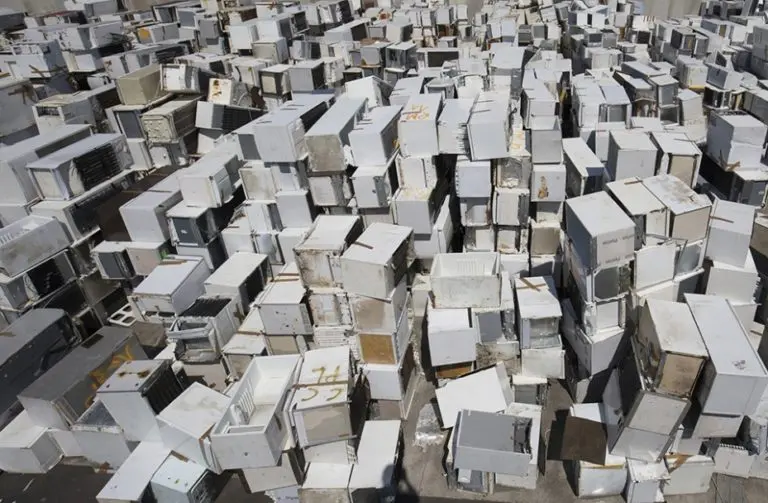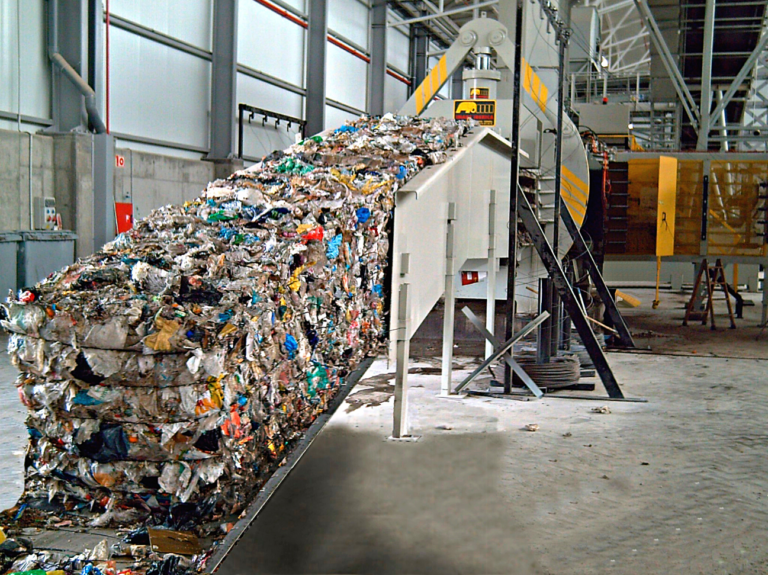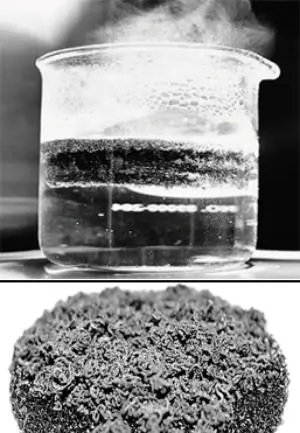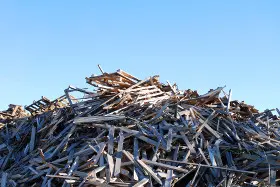Technology company Huawei Digital Power has been awarded a contract to build what is claimed to be the world’s largest battery energy storage system in Saudi Arabia.
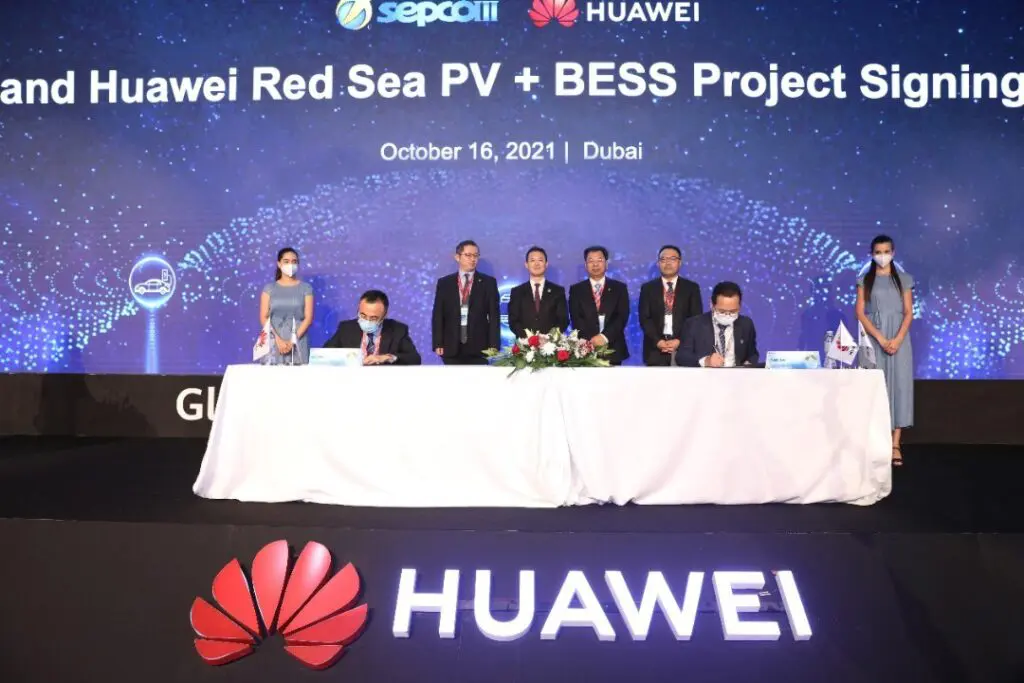
Huawei will be partnering with Chinese construction and engineering company SEPCO111 to deliver the energy storage system as part of the Red Sea Project.
The project will include the integration of the storage system with a 400MW solar PV plant that is being developed by Saudi Arabia-based utility ACWA Power.
Huawei says it will leverage its experience gained in more than 8GWh of energy storage systems deployed, to install the digital technologies required to optimize the management of the integrated solar PV battery storage plant.
The project will be sited in NEOM, a cross-border city in the Tabuk Province of northwestern Saudi Arabia. The Saudi government is developing renewable energy and advanced digital technologies to make NEOM a smart city technology hub.
The award of the contract represents a significant milestone in Saudi Arabia and the Middle East’s energy transition.
The integration of energy storage with renewable energy and their increased deployment is expected to help play a key role in economic development and in environmental sustainability. For instance, with Saudi Arabia heavily relying on oil and gas as its main source of energy and economic development, moving to renewables is expected to prepare the Saudi economy for future business models which will be reliant on clean energy resources.
The transition also ensures consumers are provided with clean and affordable electricity.
The Dubai Electricity and Water Authority (DEWA) is another example of a utility based in the Middle East that is leveraging energy storage to diversify its energy mix and expand its portfolio of renewables. DEWA is developing a 1.21MW/8.61MWh energy storage system using Tesla lithium-ion batteries at the Mohammed bin Rashid Al Maktoum Solar Park.
HE Saeed Mohammed Al Tayer, MD & CEO of DEWA, said energy storage “…supports our efforts to achieve the Dubai Clean Energy Strategy 2050, which aims to provide 75% of Dubai’s total power capacity from clean energy sources by 2050…”
Another significant milestone achieved in the Middle East in speeding up the energy transition includes the award of a contract for the development of the first-ever large-scale HVDC power line that will interconnect the Middle East and North Africa. The Saudi Electricity Company and the Egyptian Electricity Transmission Company have selected Hitachi Energy to develop the interconnector that will enable renewable energy transportation between Egypt and Saudi Arabia.



